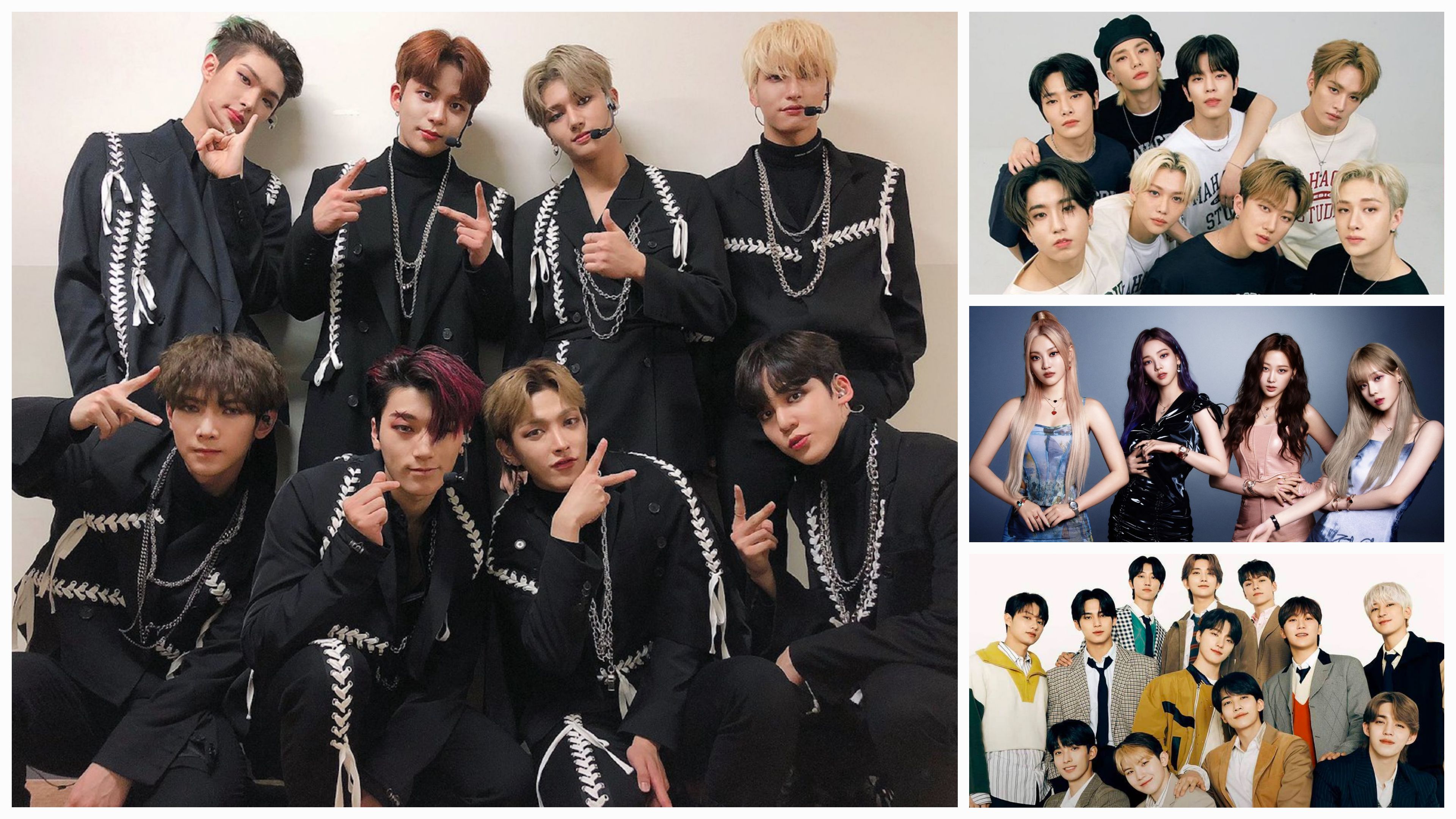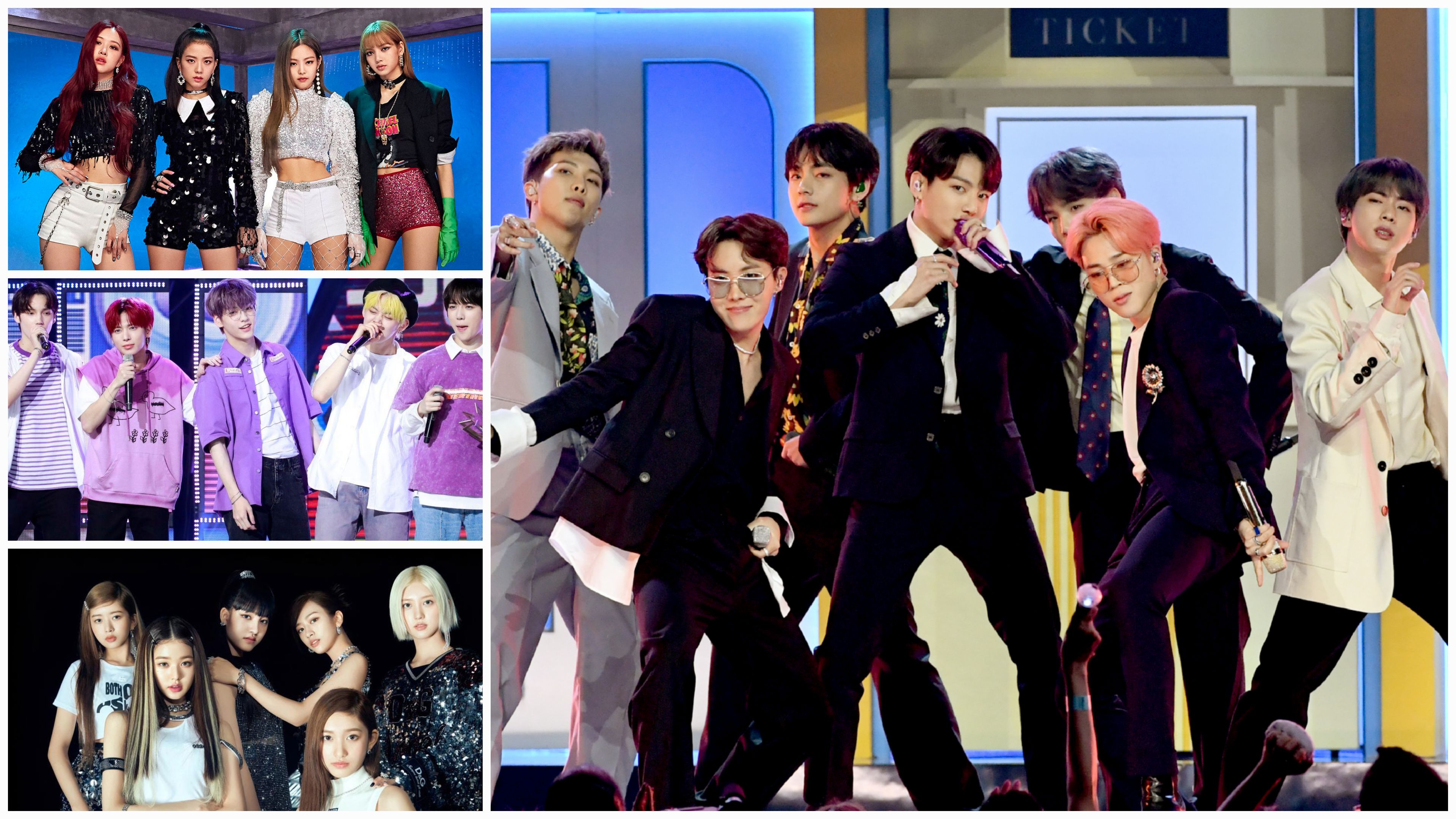In the past, youth culture was defined by music and fashion. But today's youth are more interested in K-Pop than anything else. The popularity of this genre has led to its influence on many aspects of modern day society, including social media and globalization.
What is K-Pop?
K-pop is a musical genre that originated in South Korea. It has evolved into a global phenomenon, with strong popularity in many parts of Asia and Europe.
K-pop was initially influenced by Euro disco and American pop music, but it has since developed into its own unique style. K-pop artists typically sing in Korean or English; however, some groups also sing in Japanese or Mandarin Chinese.

K-Pop's Global Reach
K-pop has a strong presence in Asia and beyond. In fact, it's one of the most popular genres of music in South Korea, where it originated. However, due to its catchy beats and dance moves--not to mention its colorful outfits--it has also crossed borders and become popular among fans around the world.
K-Pop's popularity has grown steadily over time; there are now several K-Pop groups who have gained international recognition for their talents as well as their looks. In fact, some people even consider K-Pop artists role models because they've managed to make names for themselves outside of South Korea while still staying true to their roots!

K-Pop's Influence on Music Production and the Music Industry
K-Pop is one of the most popular forms of music in the world today. The genre has evolved over time, with each generation bringing new sounds and styles to the table. As a result, K-Pop has had a profound impact on modern day youth culture and its influence can be seen everywhere from fashion to food to technology.
K-pop artists have also been known for incorporating Western influences into their music which has helped bring K-Pop closer together with international audiences who may not understand Korean lyrics but still enjoy listening to catchy beats or singing along with catchy hooks (e.g., "Gee").
K-Pop's influence on the music business model is undeniable. The industry has been forced to change, as K-Pop artists have found success through a variety of different methods. For example, boy bands like EXO and BTS have become so popular that they can sell out arenas around the world without having released an album in years (if ever).
In addition to changing how we consume music, K-Pop has also impacted distribution channels for artists' work and marketing strategies for labels trying to promote their artists' music.
K-Pop's Impact on Social Issues
K-Pop's influence on social issues is a topic that has been gaining attention in recent years.
K-pop groups often use their music videos to raise awareness about important issues such as mental health, bullying, domestic violence and other topics related to youth culture. For example, BTS released their song "Fake Love" which deals with depression and suicide prevention after several members of the group experienced depression themselves. They also released a music video called "Idol" which addresses the pressure placed upon idols by society through lyrics such as "I'm not your idol/I'm just human like you." Other groups like EXO have used their platform to promote acceptance among marginalized groups such as people with disabilities through songs like "Love Shot" (which features an amputee dancer) or "Power" (which features disabled dancers).

K-Pop has had a global influence on youth culture. It is important to note, however, that K-Pop has not been the only factor in influencing modern day youth. Other factors include social media and technology.
However, it is clear that K-Pop has had an impact on modern day youth through its use of dance moves and fashion trends which can be seen all over social media platforms like Instagram and Twitter.
It is also important to note that there are many other forms of music besides K-Pop out there today as well! There are different genres for every person's taste so if you don't like one type then maybe another will suit your fancy.
What is K-Pop?
K-pop is a musical genre that originated in South Korea. It has evolved into a global phenomenon, with strong popularity in many parts of Asia and Europe.
K-pop was initially influenced by Euro disco and American pop music, but it has since developed into its own unique style. K-pop artists typically sing in Korean or English; however, some groups also sing in Japanese or Mandarin Chinese.

K-Pop's Global Reach
K-pop has a strong presence in Asia and beyond. In fact, it's one of the most popular genres of music in South Korea, where it originated. However, due to its catchy beats and dance moves--not to mention its colorful outfits--it has also crossed borders and become popular among fans around the world.
K-Pop's popularity has grown steadily over time; there are now several K-Pop groups who have gained international recognition for their talents as well as their looks. In fact, some people even consider K-Pop artists role models because they've managed to make names for themselves outside of South Korea while still staying true to their roots!

K-Pop's Influence on Music Production and the Music Industry
K-Pop is one of the most popular forms of music in the world today. The genre has evolved over time, with each generation bringing new sounds and styles to the table. As a result, K-Pop has had a profound impact on modern day youth culture and its influence can be seen everywhere from fashion to food to technology.
K-pop artists have also been known for incorporating Western influences into their music which has helped bring K-Pop closer together with international audiences who may not understand Korean lyrics but still enjoy listening to catchy beats or singing along with catchy hooks (e.g., "Gee").
K-Pop's influence on the music business model is undeniable. The industry has been forced to change, as K-Pop artists have found success through a variety of different methods. For example, boy bands like EXO and BTS have become so popular that they can sell out arenas around the world without having released an album in years (if ever).
In addition to changing how we consume music, K-Pop has also impacted distribution channels for artists' work and marketing strategies for labels trying to promote their artists' music.
K-Pop's Impact on Social Issues
K-Pop's influence on social issues is a topic that has been gaining attention in recent years.
K-pop groups often use their music videos to raise awareness about important issues such as mental health, bullying, domestic violence and other topics related to youth culture. For example, BTS released their song "Fake Love" which deals with depression and suicide prevention after several members of the group experienced depression themselves. They also released a music video called "Idol" which addresses the pressure placed upon idols by society through lyrics such as "I'm not your idol/I'm just human like you." Other groups like EXO have used their platform to promote acceptance among marginalized groups such as people with disabilities through songs like "Love Shot" (which features an amputee dancer) or "Power" (which features disabled dancers).

K-Pop has had a global influence on youth culture. It is important to note, however, that K-Pop has not been the only factor in influencing modern day youth. Other factors include social media and technology.
However, it is clear that K-Pop has had an impact on modern day youth through its use of dance moves and fashion trends which can be seen all over social media platforms like Instagram and Twitter.
It is also important to note that there are many other forms of music besides K-Pop out there today as well! There are different genres for every person's taste so if you don't like one type then maybe another will suit your fancy.


















